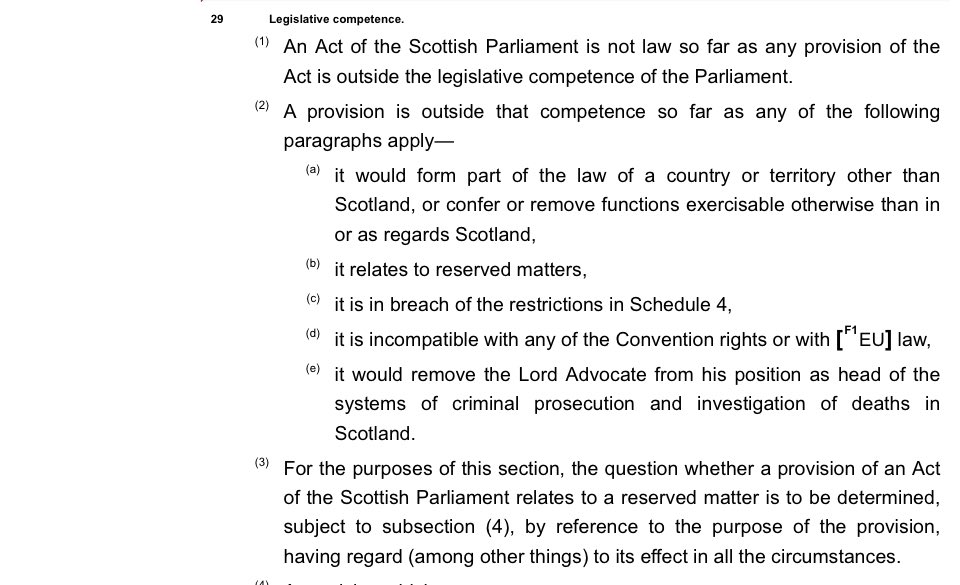
It’s important that general political commentators like @peston get to grips with precisely what is at issue here, and don’t shove it off to legal correspondents as a technical legal matter.
https://twitter.com/Peston/status/1391360428522057737
Effective judicial review is about ensuring that government decisions - from small planning decisions to decisions to close down half the economy - are within the powers we (through Parliament) have given them and meet the standards of fairness and thoughtfulness that we expect.
Effective judicial review is not anti-democratic: rather, it is a vital mechanism to ensure that those whom we elect (and their officials) comply with the rules debated and set by Parliament and the standards we want them to live up to.
Effective judicial review is the enforcer of our democratic instructions, contained in law, against the possibility of abuse of power, unfairness, and sloppy thinking by those whom we have entrusted to carry out those instructions.
We will need to see what the current government actually proposes. But the signs are not encouraging: its latest proposals managed to be misleading, incoherent and sinister all at the same time. As explained here.
https://twitter.com/georgeperetzqc/status/1387921344160059392
So I go back to where I started: political commentators like @peston need to get on top of this. And - for reasons pointed out by ALBA and quoted in my thread - it should concern commentators from the right as much as those from the left.
If they want help in understanding the issues, there are many lawyers who know what is at stake and can explain things simply and accurately. Twitter (with DMs if required) is good at finding those people. Use it.
Ultimately, any political commentator should be fascinated by this. It’s about power and accountability: and the current government’s attempts to grab power and evade accountability.
• • •
Missing some Tweet in this thread? You can try to
force a refresh








